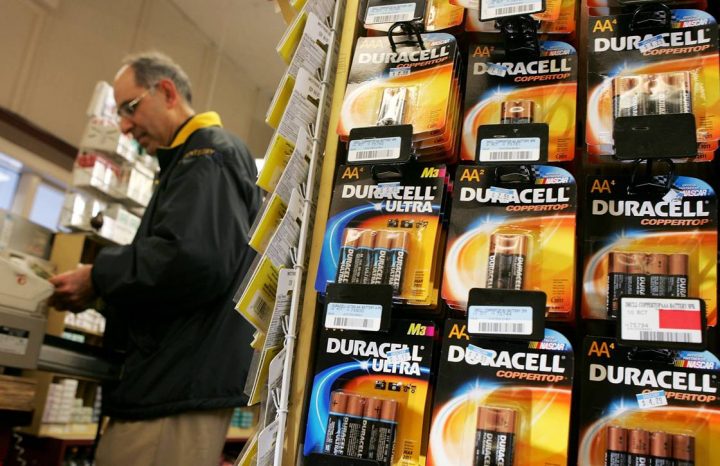A new recycling program is the works to reduce the amount of household hazardous waste improperly disposed of in Saskatchewan.

Household hazardous waste includes materials with a flammable, corrosive or toxic symbol on the container, as well as pesticides and batteries.
The provincial government recently enacted regulations requiring businesses that manufacture, sell or distribute household hazardous waste products in Saskatchewan to operate a program for the collection and safe disposal of those products.
Plans for an industry-led program have been a significant focus over the past year, according to the Ministry of Environment.
“Through consultation and engagement with the public, we clearly understand that household hazardous waste is a priority issue, as it poses a risk to human health, safety and the environment,” Environment Minister Dustin Duncan said in a press release on Friday.
“A new household hazardous waste stewardship program will help protect the environment by reducing the amount of hazardous material improperly disposed of in our municipal landfills and sewer systems.”
WATCH (June 26, 2018): Loraas Recycle says hazardous items placed in recycling bins

Through this model, producers will manage the full life cycle of the materials in an environmentally responsible manner and give people access to responsible disposal options.
According to the ministry, Saskatchewan already has successful stewardship-based initiatives, including programs focused on the collection of automotive fluids, tires, paint, electronics, paper, and agricultural plastics.
The next step is for the impacted businesses to produce a program for ministry review within 180 days.


Comments